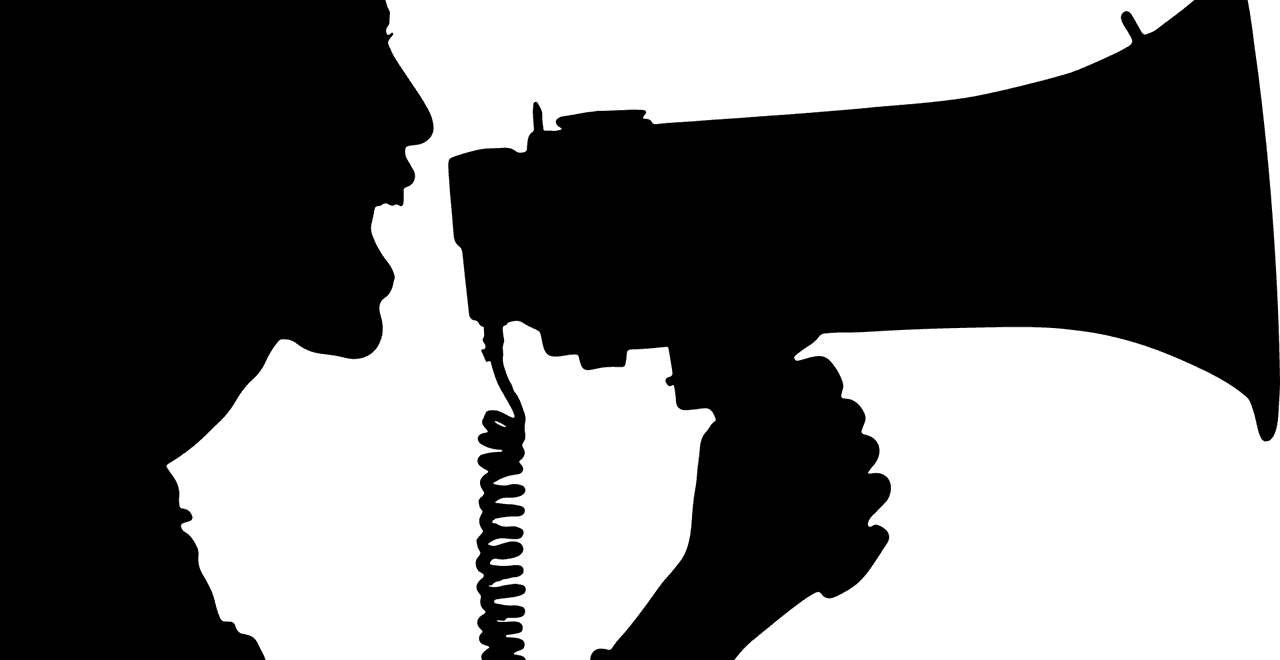In a world where creating music has become as simple as looping a beat, sampling copyright-free sounds, and using online tutorials to mix, it might seem that the recording studio is becoming an artifact. In one sense, this might be true, but there’s another version of this story. If anything, recording studios are becoming more prominent, better equipped, and more sought after than ever before. The difference is that the industry and institution of the recording studio have changed quite a bit from their rise in the mid-20th century. So, rather than dying, the state of the studio is simply transforming. But what does all this mean for your studio? How can you compete with the millions of cheap home studios popping up each year while standing out against the professionals who have made names for themselves and their studios? If you’re willing to spend some time and a little extra cash, you can be well on your way to bringing in more clients than you can imagine. Check out these tips to promote your recording studio the right way.
1. Target Your Audience
Ask yourself this: who is your studio for? What kind of musicians or genres do you plan on catering to? Are you strictly a rap producer? Do you want to record rock bands? Maybe you want to do a little bit of everything. Whatever the case, it’s good to have an identity before you even begin advertising your space. The more targeted you are, the more people you’ll reach, both through social media and traditional music marketing strategies.

These days, outlets like Facebook and Instagram make it easy to hone in on specific demographics. When advertising your page or post, you can narrow your outreach for maximum impact. This includes age group, interests, region, and more. Find your niche and promote your recording studio.
2. Gear Up
Having the right audio equipment is crucial if you want others to take your studio seriously. Again, the gear you choose will somewhat depend on the type of music you plan on recording, aside from some staples like a powerful computer, solid pre-amp, professional DAW, audio cables, etc.
When it comes to marketing your studio, however, you’ll want other kinds of equipment as well. For instance, you’ll need to take good photographs and videos of your studio to entice new clients. This means you’ll want a solid camera, a tripod, good lighting, and some editing software for images and video. Remember, you’re selling a whole experience, not just a good-sounding product.
3. If Necessary, Get Some Extra Help
Not every engineer or producer is necessarily great at marketing, photography, or video editing. Some skills transfer to others, but everyone is different, and people only have so much time and energy. So, if you only want to focus on recording and producing music, you might need to outsource some of your marketing to promote your recording studio.

Collaboration is key. Fortunately, finding people willing and able to help in this department is easier than ever. If you don’t know any social media gurus or image experts offhand, try searching online for nearby freelancers and agencies. Outsourcing your marketing is, of course, an additional cost, but it might be worth it if it can boost your recording studio’s reach.
4. Promotions, Perks, Sales, and Offers Work
Everyone loves a good deal. Competition drives the market, so you need to price your services accurately and fairly from the get-go. Beyond that, don’t shy away from offering sales and incentives whenever you can. During holidays and slow seasons, offer discounts on studio time, slash song prices, throw in a free beat or two, etc. People respond to incentives. If a client feels they’re getting a good deal, they’re more likely to contact you. Gaining even a small inquiry makes a big difference in this attention-based market.
5. Document Everything to Promote Your Recording Studio
Again, you might not always be the one behind the camera, but you probably have a little camera in your pocket at all times. Anyone with a modern smartphone has an HD camera ready to go whenever, wherever. This means there’s no excuse not to document everything you can. Recording new music? Take some photos and videos and promote your band. Get some new gear? Get your phone out. Nail a new beat? Capture it and post it on your story. The more you document, the more lively your studio will seem. You’ll garner more attention and receive more business.

6. Use Your Knowledge to Teach Others
These days there’s more than one way to make money as a music producer. It just so happens that promoting your own studio can be inherently lucrative as well. For the past decade, YouTube tutorials have been the prime method for amateurs to learn the ropes in just about every field. While this has indeed created even more competition in the studio space, it’s also allowed veteran producers and engineers to teach others while monetizing views and advertising their own studios.
If you have the experience and expertise to break down recording concepts, equipment applications, mixing techniques, and more, and can engage an audience with unique insight and charisma, consider this avenue. Again, you’ll need a good camera, some video editing skills, and marketing resources to reach the right people, but if you’re already marketing your studio, chances are you already have an infrastructure in place. Use those resources to their fullest potential.

Conclusion
It takes time, effort, and money to establish a solid recording studio. This is all an investment for those who wish to build a career out of recording and producing music. Marketing has to be a part of that investment in order to bring in new clients and build a reputation. The internet and social media make it easy to target the right people, promote your recording studio, and get your brand out there. Utilize these tools for what they’re worth, and put your own spin on it. Remember, you want to stand out. More than anything, the image you present of your studio should match the quality of music it produces.
Sobre el autor

Ethan Keeley
Escritor, locutor, músico y editor de audioEthan Keeley es músico, locutor y escritor de Rochester, Nueva York. Cuando no está de gira con su grupo Unwill, trabaja en nuevas canciones e historias.
Deja un comentario
Inicia sesión para comentar


